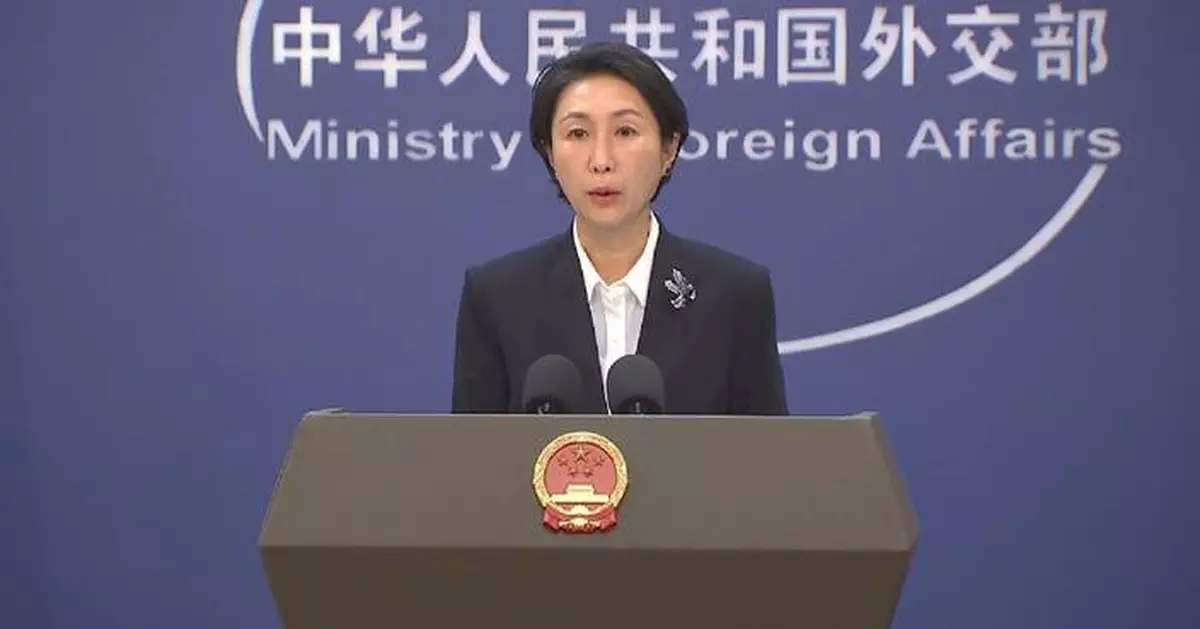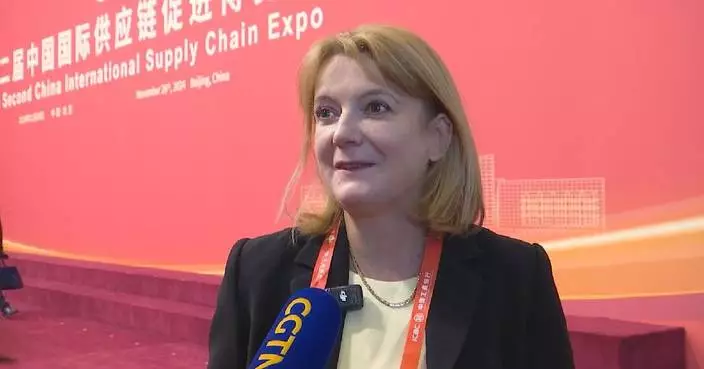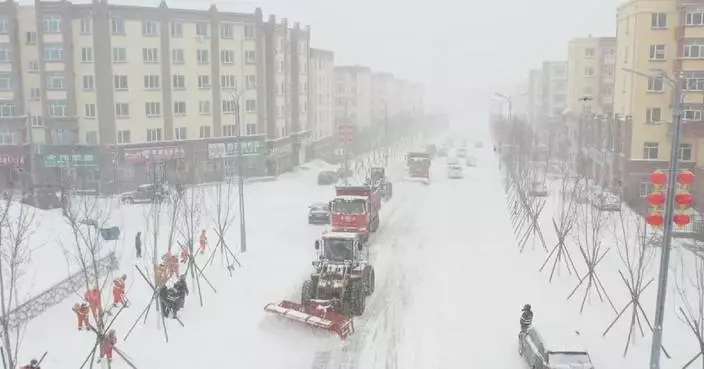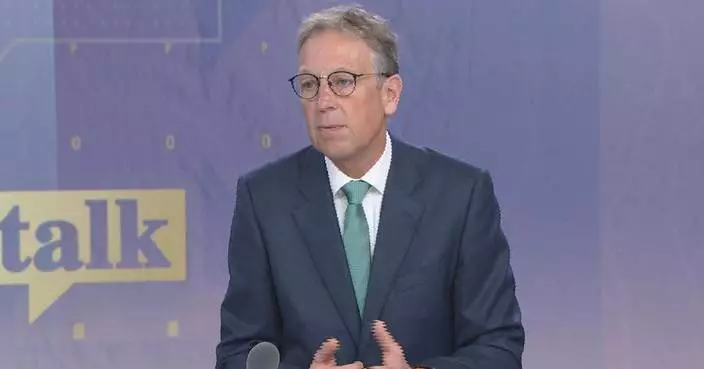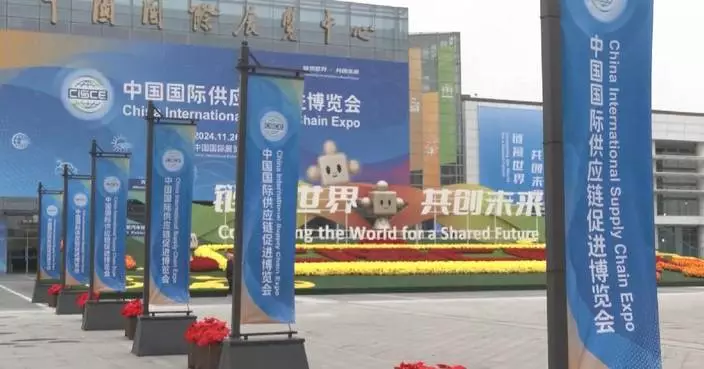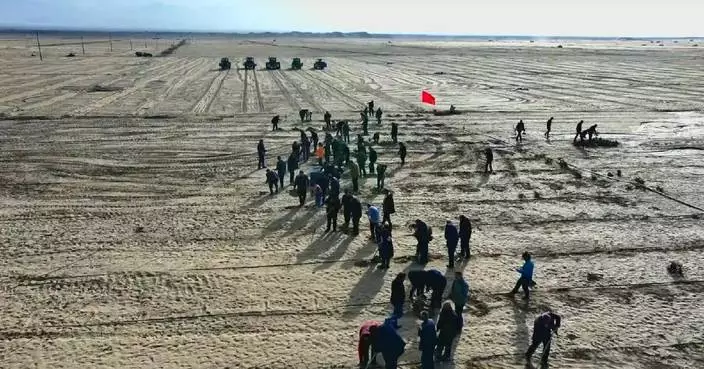China supports all efforts conducive to easing tensions between Israel and Lebanon and to achieving lasting peace, and welcomes the reaching of any consensus between the parties concerned toward a ceasefire, said a Chinese Foreign Ministry spokeswoman on Wednesday.
Mao Ning, the spokeswoman, made the statement at a press conference in Beijing in response to the report that Israeli Prime Minister Benjamin Netanyahu said on Tuesday the Israeli cabinet approved a ceasefire agreement in Lebanon, which the Lebanese government has welcomed.
"China is closely following the current situation between Lebanon and Israel, and has always been calling on all parties to earnestly abide by UN Security Council Resolution 1701. We support all efforts conducive to deescalating the tensions and realizing peace, and welcome the ceasefire agreement reached by relevant sides. In the meanwhile, China believes that the protracted fighting in Gaza is the root cause of this round of turmoil in the Middle East, and all parties need to work together to realize a comprehensive and lasting ceasefire in Gaza at an early date," Mao said.
Resolution 1701, passed in 2006, ended a 33-day war between Israel and Hezbollah. It called for a cessation of hostilities, Israeli withdrawal from Lebanon, and bolstering the United Nations Interim Force in Lebanon (UNIFIL) to monitor the ceasefire alongside the Lebanese army.
The resolution established a demilitarized zone between the Lebanon-Israel border and the Litani River, permitting only the Lebanese army and UNIFIL forces to bear arms in the area. Israel has accused Hezbollah of violating the resolution and deploying troops south of the Litani River.
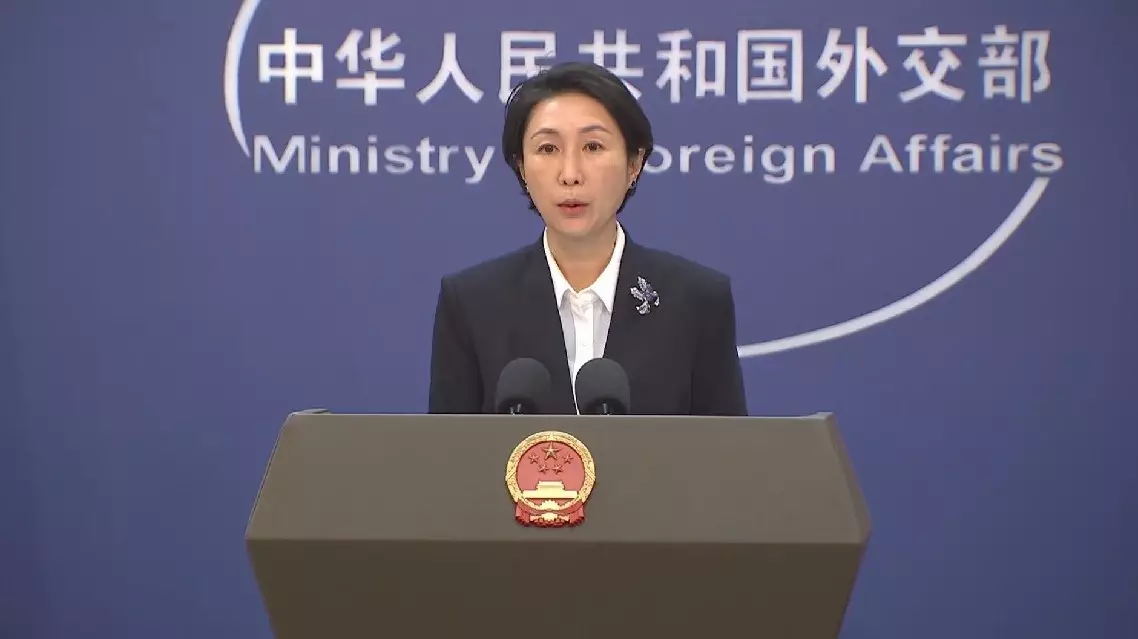
China supports all efforts to ease tensions between Lebanon, Israel: spokeswoman
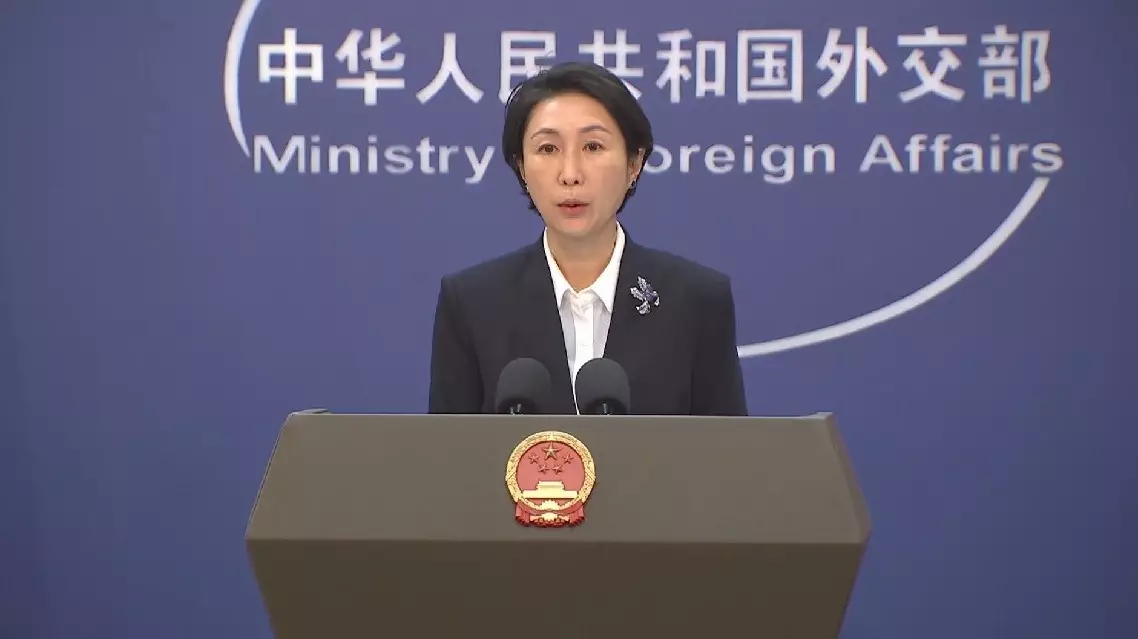
China supports all efforts to ease tensions between Lebanon, Israel: spokeswoman
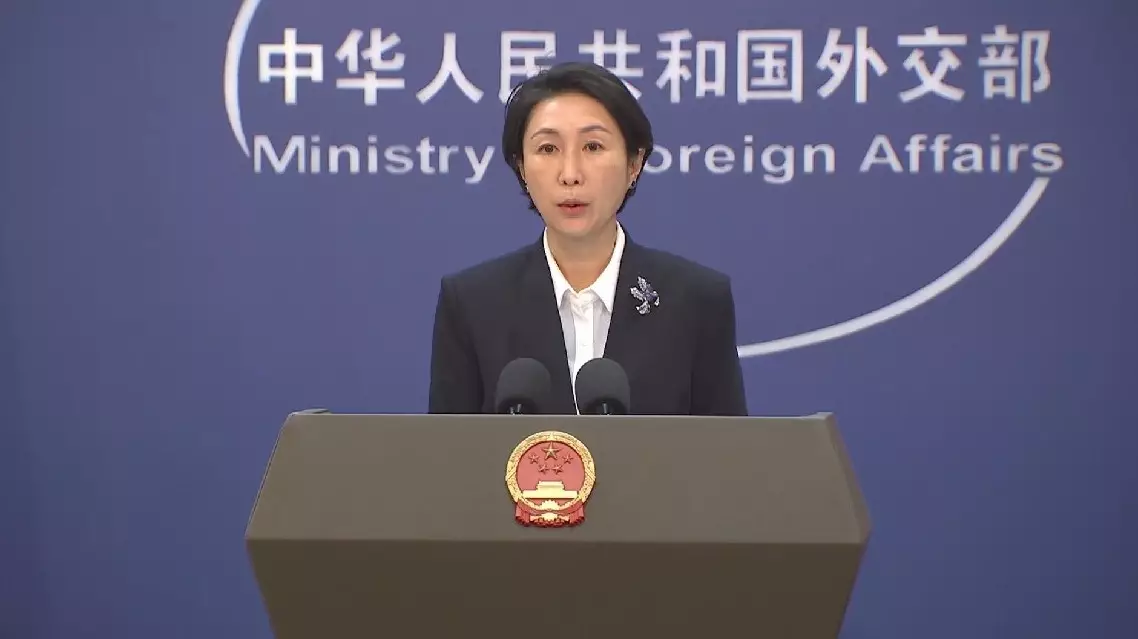
China supports all efforts to ease tensions between Lebanon, Israel: spokeswoman
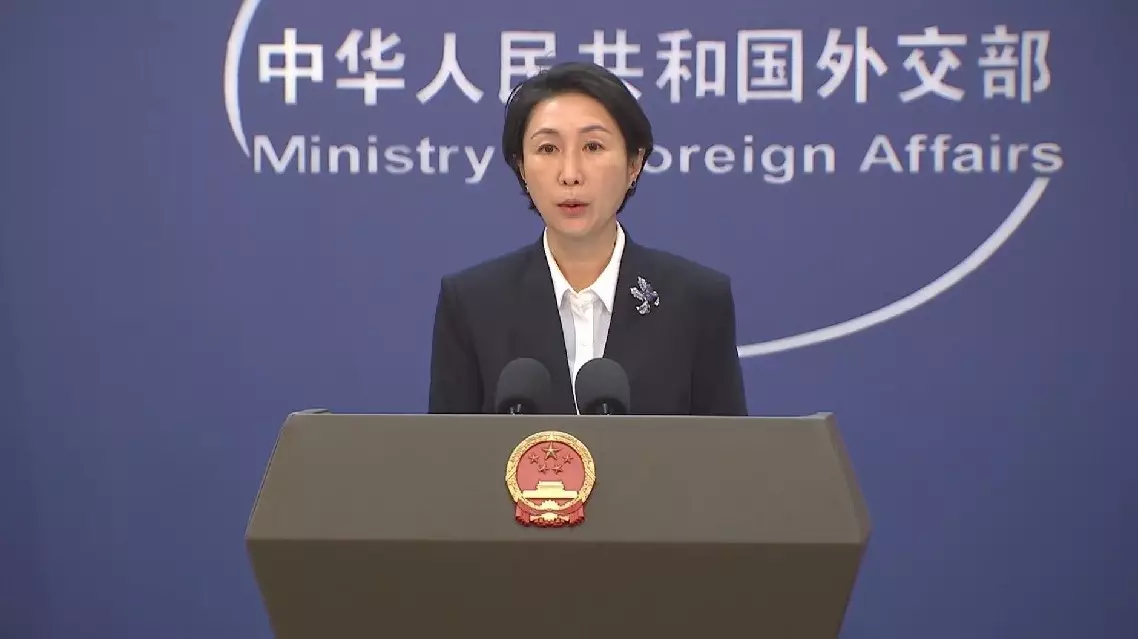
China supports all efforts to ease tensions between Lebanon, Israel: spokeswoman
A major report on supply chain released by China on Tuesday indicates that the level of global supply chain connectivity has increased significantly in recent years, boosting the confidence of global business insiders and experts in the stability of global supply chain.
The 2024 Global Supply Chain Promotion report was unveiled on Tuesday during the ongoing China International Supply Chain Expo in Beijing, hosted by the China Council for the Promotion of International Trade (CCPIT).
As the flagship publication of the event, the report offers an in-depth analysis of the latest trends, challenges and development in global supply chains.
Alongside the report, two new indexes were introduced: the Global Supply Chain Connectivity Index (GSCCI) and the Global Supply Chain Promotion Index (GSCPI).
The GSCCI is the world's first comprehensive index measuring global supply chain connectivity. It is based on over 1.26 million pieces of high-quality data from international organizations such as the World Bank, the World Trade Organization and the International Monetary Fund, as well as statistical authorities from major economies and global databases.
Meanwhile, the GSCPI, the world's first index to quantitatively assess the level of global supply chain promotion, is based on a multi-layer calculation of over 50,000 pieces of authoritative data from international organizations. This index reflects the changes in the global supply chain promotion system in recent years.
Foreign attendees at the releasing ceremony have fully affirmed the report and two indexes, saying that they are expected to play a positive role in promoting the connectivity and stability of the global supply chain.
"[The report and indexes are] something that is done honestly, academically, scientifically in a way where we in partner countries can use it not only for information but to benchmark what we're doing in transport and logistics and to improve and upgrade what's going on," said Alaa Ezz, secretary general of the Union of African Chambers.
"We actually welcome the innovative approach that they have undertaken in analyzing the global supply chains and in these tools and initiatives that actually complement our shared plan on global supply chain resilience and transparency," said Clarice, an expert on trade facilitation and economic policy with the United Nations Conference on Trade and Development.
In an interview with China Global Television Network (CGTN), Zhou Jinzhu, director of the Department of International Trade Research at the CCPIT, further elaborated on the groundbreaking index.
She stated that the index responded to the major concerns of the global business community about the extent of global supply chain connectivity in the context of bilateral and multilateral trade and economic rules and different policies of the world's major economies.
"We fully considered the degree of connectivity of the global supply chain itself when designing the primary indicator of the Global Supply Chain Connectivity Index. The index has risen from 0.271 in 2014 to 0.731 in 2023, indicating that global supply chain connectivity is at a historical high. Our data shows that there is an inherent momentum toward connection within the global supply chain, and its current connectivity level is relatively strong historically. The economic globalization reflects the will of the people," Zhou said.
Taking the smart vehicle chain as an example, the expert explained how the report and indexes can outline the industry development trends and risks, and help businesses better understand the evolving global supply chain landscape.
"Power battery is a much concerned segment in the upstream of the smart car supply chain. The global production concentration for power batteries is actually increasing, with China, the United States, and Europe now able to meet their production needs through local manufacturing. Moving to the midstream of the supply chain, we see intensified market competition and rising production cost pressures, which accelerates the survival of the fittest among car manufacturers," said Zhou.
Themed "Connecting the World for a Shared Future," the second China International Supply Chain Expo opened in Beijing on Tuesday and will run through Saturday.
Compared to the previous edition in 2023, this year's event boasts a higher number of exhibiting companies, more international participants, and a larger crowd.
With the 620 companies and institutions on board from 69 countries, regions, and international bodies, the lineup includes 78 Fortune Global 500 firms, 86 Chinese Fortune 500 entities, and an anticipated attendance of professionals from over 100 countries in political, business, and academic spheres.
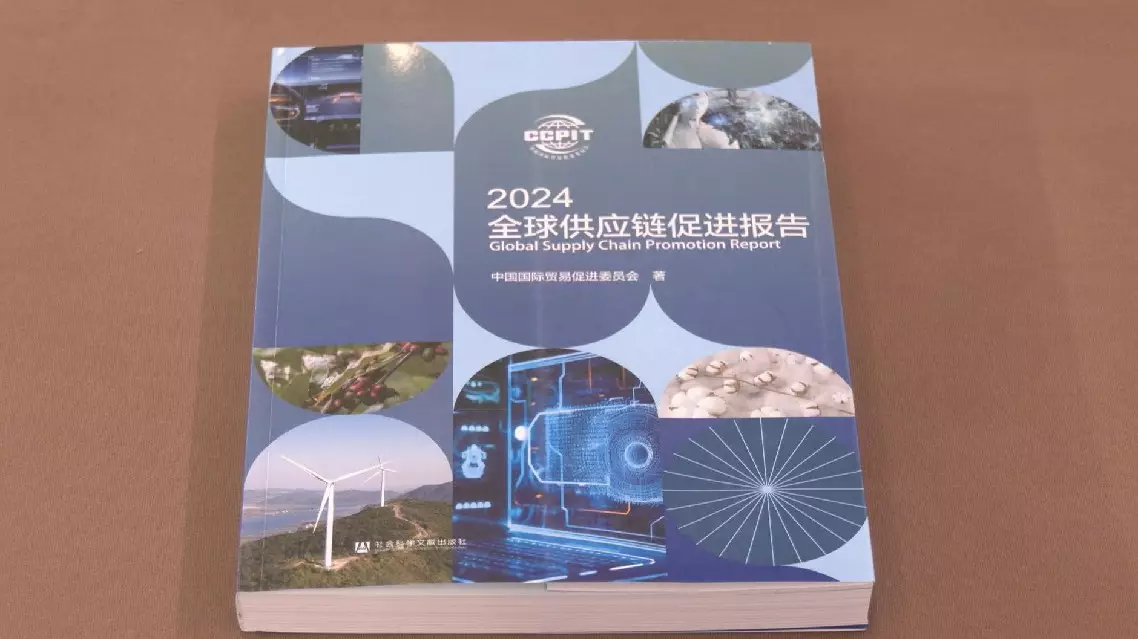
Global supply chain promotion report reveals global connectivity reaches historic levels






